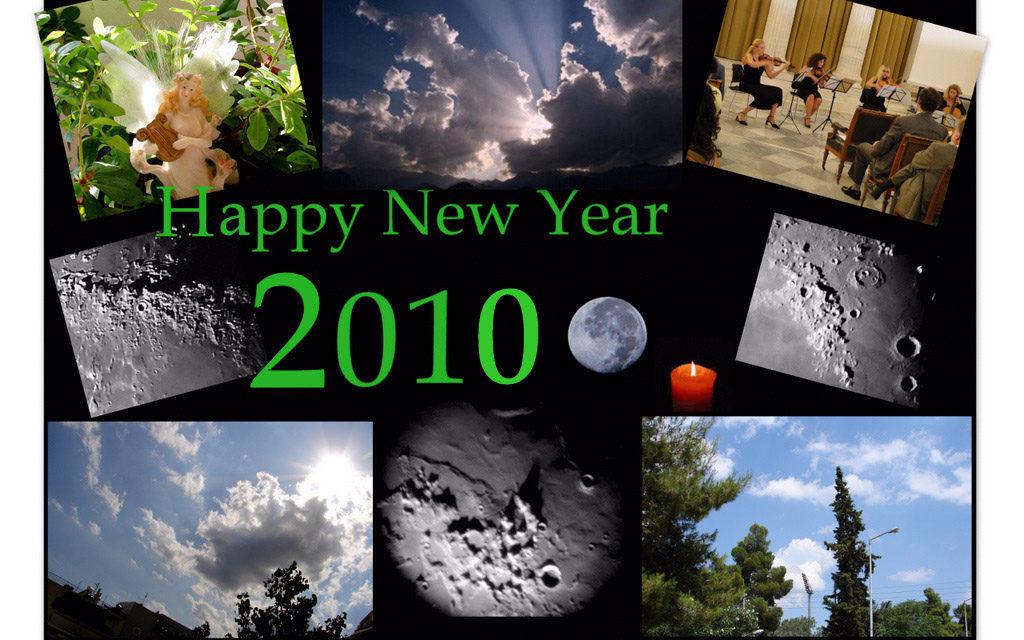Difference between revisions of "January 1, 2010"
| Line 1: | Line 1: | ||
__NOTOC__ | __NOTOC__ | ||
=Coming Lunations= | =Coming Lunations= | ||
| − | |||
<!-- ws:start:WikiTextHeadingRule:1:<h1> --> | <!-- ws:start:WikiTextHeadingRule:1:<h1> --> | ||
<!-- ws:start:WikiTextLocalImageRule:16:<img src="/file/view/LPOD-Jan1-10.jpg/111329217/LPOD-Jan1-10.jpg" alt="" title="" /> -->[[File:LPOD-Jan1-10.jpg|LPOD-Jan1-10.jpg]]<!-- ws:end:WikiTextLocalImageRule:16 --><br /> | <!-- ws:start:WikiTextLocalImageRule:16:<img src="/file/view/LPOD-Jan1-10.jpg/111329217/LPOD-Jan1-10.jpg" alt="" title="" /> -->[[File:LPOD-Jan1-10.jpg|LPOD-Jan1-10.jpg]]<!-- ws:end:WikiTextLocalImageRule:16 --><br /> | ||
| − | <em>image by [mailto:aldiam1@hol.gr Alexandros Diamantis], Athens, Greece</em><br /> | + | <em>image by [mailto:aldiam1@hol.gr" rel="nofollow Alexandros Diamantis], Athens, Greece</em><br /> |
<br /> | <br /> | ||
| − | Welcome to 2010*. This is the 50th anniversary of the decade that saw Ranger, Surveyor, Lunar Orbiter, Apollo, and a host of Lunas explore the Moon; the foundation of modern lunar science. Currently we have an excellent spacecraft in orbit around the Moon, and China plans to launch its second lunar probe late in the year. Vast amounts of Lunar Reconnaissance Orbiter data will be released in [http://lroc.sese.asu.edu/news/index.php?/archives/159-LROC-NAC-Image-Prerelease.html#extended March], and more Kaguya data will become available too. New lunar books and scientific papers will appear, as will, hopefully, 365 new LPODs, in English, [http://iluj.wikispaces.com/home French] and as of TODAY [http://lufod.wikispaces.com/ Spanish.] A new [http://www.ap-i.net/avl/en/start Virtual Moon Atlas] release has just appeared, and [http://ltvt.wikispaces.com/LTVT LTVT] constantly improves, providing tools for observing and researching the Moon. And I trust that imagers will continue improving resolution, areal coverage and spectral exploration which is the reason for LPOD. But remember, as Alexandros' mosaic reminds us, that there is more to life than the Moon. Here on Earth, there is nature, civilization and love. Make sure you participate in each, especially if the Moon is below the horizon.<br /> | + | Welcome to 2010*. This is the 50th anniversary of the decade that saw Ranger, Surveyor, Lunar Orbiter, Apollo, and a host of Lunas explore the Moon; the foundation of modern lunar science. Currently we have an excellent spacecraft in orbit around the Moon, and China plans to launch its second lunar probe late in the year. Vast amounts of Lunar Reconnaissance Orbiter data will be released in [http://lroc.sese.asu.edu/news/index.php?/archives/159-LROC-NAC-Image-Prerelease.html#extended" rel="nofollow March], and more Kaguya data will become available too. New lunar books and scientific papers will appear, as will, hopefully, 365 new LPODs, in English, [http://iluj.wikispaces.com/home French] and as of TODAY [http://lufod.wikispaces.com/ Spanish.] A new [http://www.ap-i.net/avl/en/start" rel="nofollow Virtual Moon Atlas] release has just appeared, and [http://ltvt.wikispaces.com/LTVT LTVT] constantly improves, providing tools for observing and researching the Moon. And I trust that imagers will continue improving resolution, areal coverage and spectral exploration which is the reason for LPOD. But remember, as Alexandros' mosaic reminds us, that there is more to life than the Moon. Here on Earth, there is nature, civilization and love. Make sure you participate in each, especially if the Moon is below the horizon.<br /> |
<br /> | <br /> | ||
| − | <em>[mailto:tychocrater@yahoo.com Chuck Wood]</em><br /> | + | <em>[mailto:tychocrater@yahoo.com" rel="nofollow Chuck Wood]</em><br /> |
<br /> | <br /> | ||
| − | *the beginning of year [http://www.lpod.org/archive/archive/2004/01/LPOD-2004-01-01.htm 7] for LPOD!<br /> | + | *the beginning of year [http://www.lpod.org/archive/archive/2004/01/LPOD-2004-01-01.htm" rel="nofollow 7] for LPOD!<br /> |
<br /> | <br /> | ||
<hr /> | <hr /> | ||
| − | <div>You can support LPOD when you buy any book from Amazon thru [http://www.lpod.org/?page_id=591 LPOD!]<br /> | + | <div>You can support LPOD when you buy any book from Amazon thru [http://www.lpod.org/?page_id=591" rel="nofollow LPOD!]<br /> |
</div> | </div> | ||
| − | |||
---- | ---- | ||
===COMMENTS?=== | ===COMMENTS?=== | ||
Click on this icon [[image:PostIcon.jpg]] at the upper right to post a comment. | Click on this icon [[image:PostIcon.jpg]] at the upper right to post a comment. | ||
Revision as of 19:16, 4 January 2015
Coming Lunations

image by " rel="nofollow Alexandros Diamantis, Athens, Greece
Welcome to 2010*. This is the 50th anniversary of the decade that saw Ranger, Surveyor, Lunar Orbiter, Apollo, and a host of Lunas explore the Moon; the foundation of modern lunar science. Currently we have an excellent spacecraft in orbit around the Moon, and China plans to launch its second lunar probe late in the year. Vast amounts of Lunar Reconnaissance Orbiter data will be released in " rel="nofollow March, and more Kaguya data will become available too. New lunar books and scientific papers will appear, as will, hopefully, 365 new LPODs, in English, French and as of TODAY Spanish. A new " rel="nofollow Virtual Moon Atlas release has just appeared, and LTVT constantly improves, providing tools for observing and researching the Moon. And I trust that imagers will continue improving resolution, areal coverage and spectral exploration which is the reason for LPOD. But remember, as Alexandros' mosaic reminds us, that there is more to life than the Moon. Here on Earth, there is nature, civilization and love. Make sure you participate in each, especially if the Moon is below the horizon.
" rel="nofollow Chuck Wood
- the beginning of year " rel="nofollow 7 for LPOD!
COMMENTS?
Click on this icon File:PostIcon.jpg at the upper right to post a comment.



